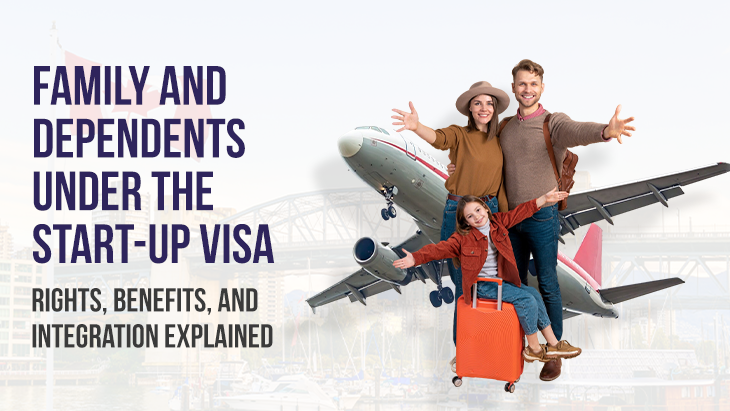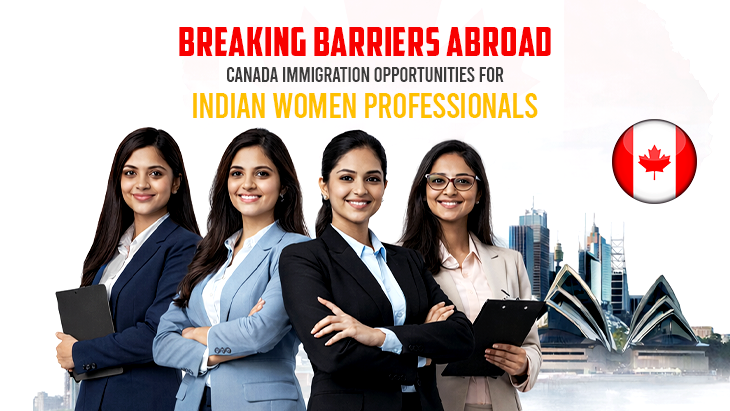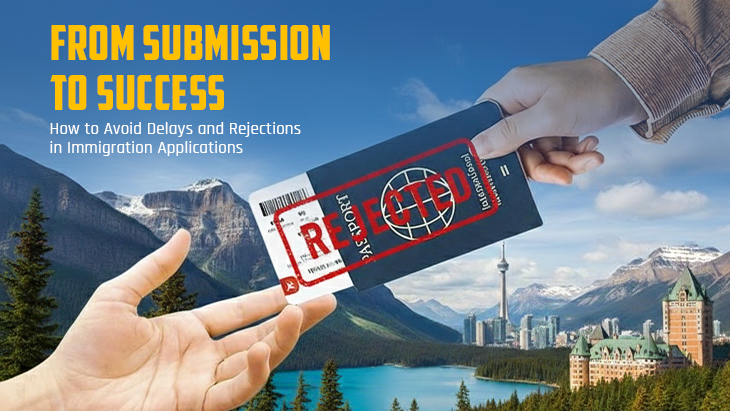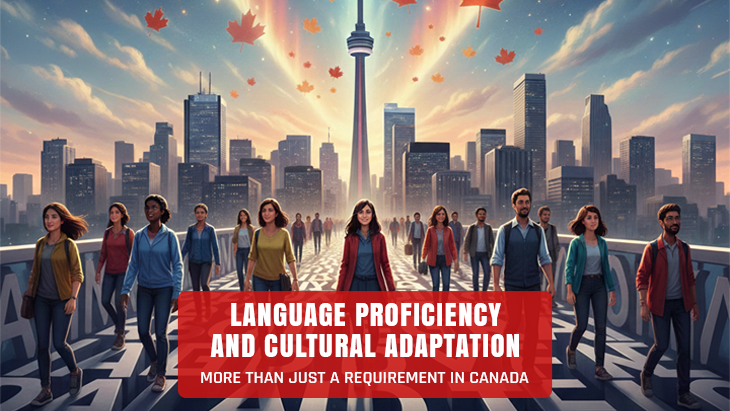Introduction
The Start-Up Visa (SUV) Program is designed not only for entrepreneurs but also for their families and dependents who move with them. While the program primarily attracts innovative founders, it also recognizes the importance of family stability in achieving long-term success. Understanding your family’s rights, benefits, and integration options under the Start-Up Visa can help ensure a smoother settlement experience in the new country.
Work Permits for Spouses
One of the major advantages of the Start-Up Visa program is that spouses or common-law partners of the principal applicant are eligible for an open work permit.
- Eligibility: The open work permit allows spouses to work for any employer in the host country, without requiring a specific job offer.
- Duration: Typically, valid for the same period as the principal applicant’s permit.
- Benefits: This provides financial stability, helps the spouse gain international work experience, and supports better family integration.
Tip: Spouses should apply for their work permits at the same time as the main applicant to avoid processing delays.
Schooling for Children
Education is a top priority for most families relocating under the Start-Up Visa. Dependent children accompanying applicants can attend public schools without additional tuition fees in many host countries, such as Canada.
- Access to Quality Education: Children get the opportunity to study in reputable public schools with globally recognized curricula.
- Age of Dependents: Typically, children under 22 years (and unmarried) qualify as dependents under the SUV program.
- Higher Education Pathways: Once permanent residence is granted, children can also access in-state or domestic tuition rates for colleges and universities.
Tip: Keep school records and vaccination documents ready when applying for school enrollment.
Health Care Access
Healthcare access for dependents varies depending on the region, but in most Start-Up Visa destinations like Canada, families are covered under public health insurance plans once eligibility requirements are met.
- Interim Coverage: Some provinces or countries may have a waiting period (usually up to 3 months) before public health coverage begins.
- Private Insurance: It’s recommended to have private health insurance during the waiting period.
- Comprehensive Coverage: Once registered, your family can access doctors, hospitals, emergency services, and preventive care.
Tip: Register for provincial health insurance as soon as you arrive to avoid any coverage gaps.
Community Integration and Support
Adjusting to a new country can be both exciting and challenging. Fortunately, there are numerous community programs and newcomer services to help families settle comfortably.
- Settlement Services: Free government or NGO programs assist with housing, language training, and cultural adaptation.
- Networking Opportunities: Many local entrepreneurship hubs, cultural associations, and family support groups offer opportunities to build meaningful connections.
- Language and Cultural Training: Enrolling in local language or integration programs can help both spouses and children adapt faster.
Tip: Encourage your family to participate in community activities — it’s a great way to make friends and feel at home.
Challenges and How to Overcome Them
While the Start-Up Visa offers immense opportunities, newcomers may face certain challenges:
- Initial Financial Adjustment: Managing living costs in a new country before the business takes off.
- Cultural Adaptation: Understanding and embracing local customs and work culture.
- Work-Life Balance: Juggling between business responsibilities and family integration.
Solutions:
- Create a financial plan for the first 6–12 months.
- Join entrepreneur and newcomer groups for guidance.
- Encourage family members to participate in local community initiatives to ease the transition.
Conclusion
The Start-Up Visa Program not only supports visionary entrepreneurs but also ensures that their families can thrive alongside them. From open work permits for spouses to quality education and healthcare for children, the program is designed to promote holistic family integration. By preparing ahead and accessing available community resources, families can turn their relocation journey into a fulfilling new beginning.














Post Comments